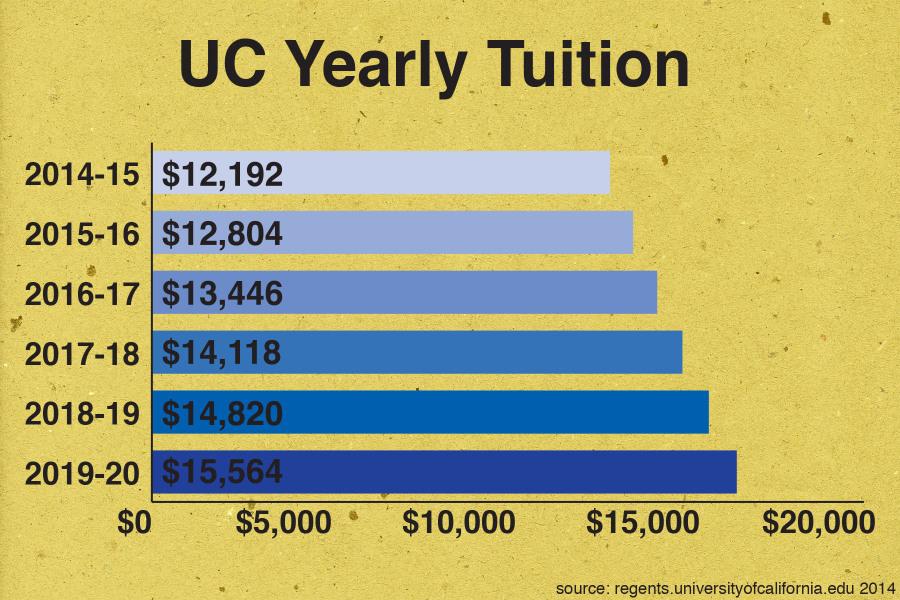Women looking for emergency contraception have a new place to find it – at the Student Health Services office at City College.
The health office has been offering the morning-after pill for years on a once-a-week basis. In an attempt to boost its effectiveness and make the birth control more accessible to women who need it, starting this semester it has been available every day for $18. Female students who are at least 18-years-old and meet the medical criteria can get the pill.
“Offering it once a week didn’t fit the need for student health,” said Susan Broderick, director of student health.
But Broderick and Mara Petrick, advisor for City College’s Project HOPE, believe that by offering the morning-after pill more readily, a valuable teaching moment has been created.
“Anyone could go to a pharmacy and purchase it for between $40 and $60,” Broderick said. “For here, we provide an education aspect.”
Plan B, or the morning after pill, is an emergency contraceptive that can prevent pregnancy after unprotected sex. The medication uses hormones to prevent fertilization or implantation. It is between 80 and 89 percent effective in preventing pregnancy if taken within 72 hours.
Broderick says each woman who wants the pill must meet with someone in the health services office. A medical screening is conducted to make sure there will not be complications. Each patient is also given an STD screening and a pregnancy test. If all of the criteria are met, the $18 fee pays for two pills, one in case of another emergency.
“We tell people about other contraceptive options,” Broderick said. “Plan B is not an ongoing method.”
“I think it’s a great idea for it to be more easily available,” said Dani, a culinary arts student who did not want her last name published. “If students don’t get it here they will get it somewhere else.” She says she has taken the Plan B pill before.
“The idea isn’t too comforting,” Dani said, “but I did it because I had to.”
Fears that increased availability of this type of contraceptive will lead to promiscuity among students are unfounded, Petrick said.
“Studies have shown that there isn’t an increase in sex and use or availability of Plan B,” she said.
Project HOPE’s Justin Foster and Marina Braff, who are co-presidents on peer health education for the group, have been part of the group’s movement to educate students about Plan B’s availability on campus and how to effectively use the pill.
Foster said a student designed the fliers advertising the pill that have been displayed around campus.
“We started promoting it early this semester, around the second week,” he said. “Project HOPE is focusing on alcohol and stress issues this semester. Within that is an education about sexual health.”
“A lot of people are really excited about it,” Braff said. “It’s way more convenient now.”
Both she and Foster have said that they have not met anyone who opposes Plan B being offered more frequently in the health center. But it has taken work to educate students on the proper usage of the pill.
“It’s not an abortion pill,” Foster said. “It’s a way to keep anything from starting. We’re working to make that distinction known to people.”










